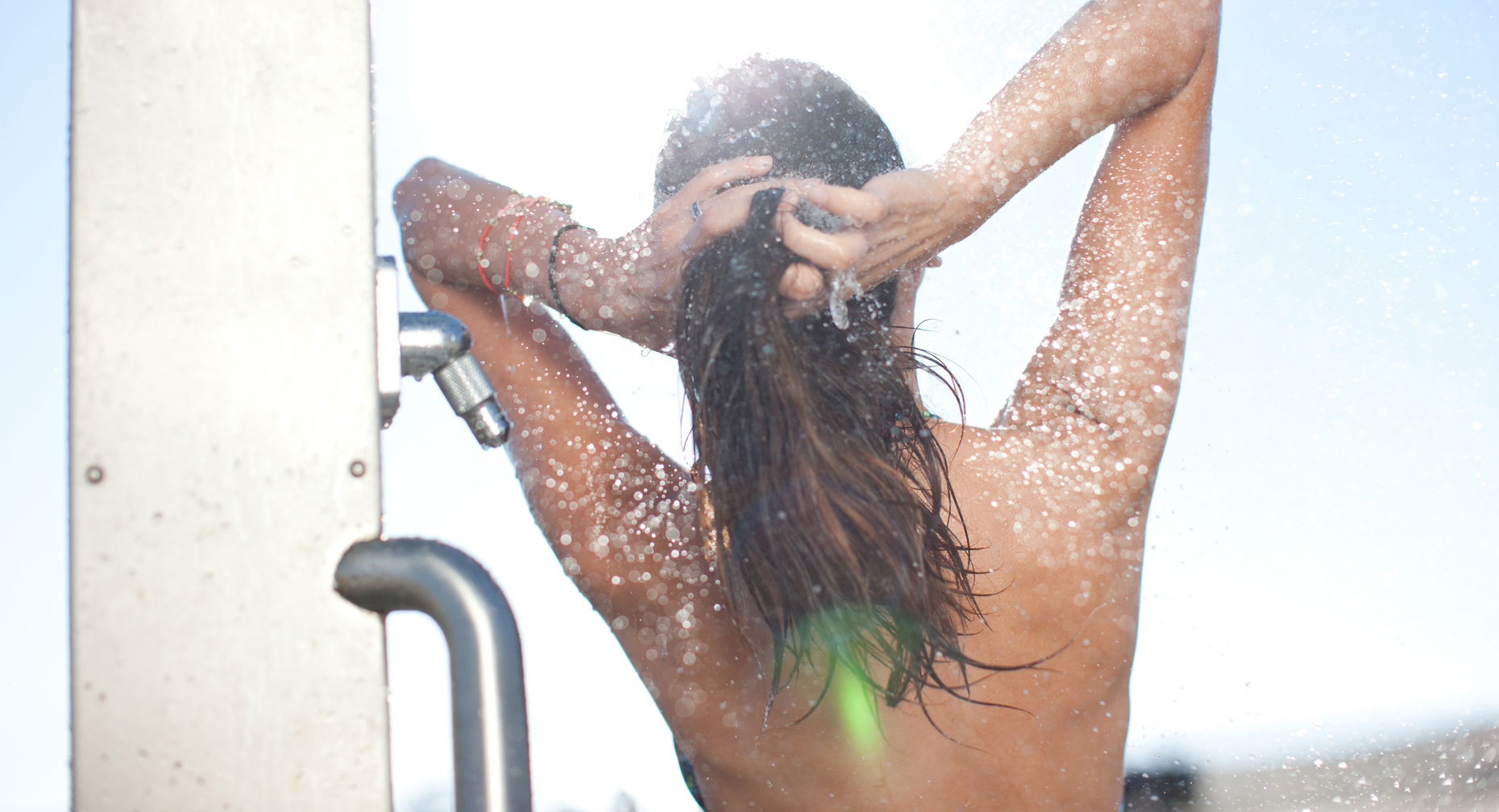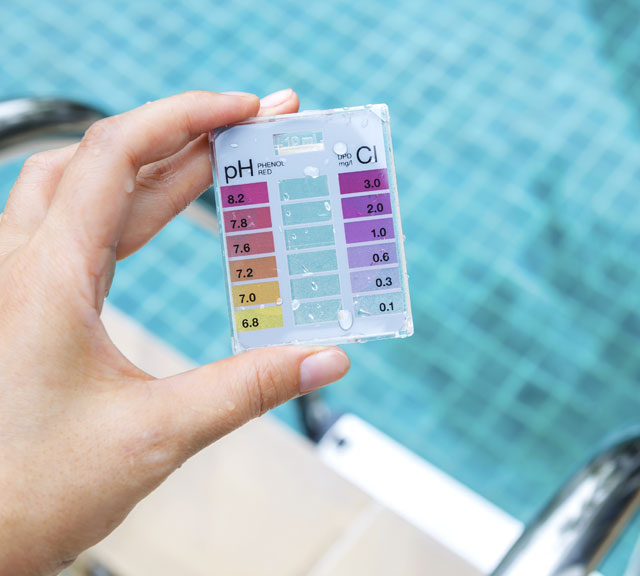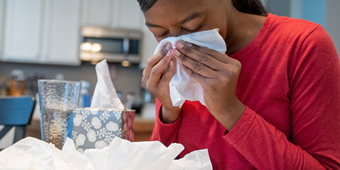Pool Chlorine: Can’t Live Without; How to Live With

Answer a few questions and we'll provide you with a list of primary care providers that best fit your needs.
Swimming is a great way to cool off, relax and keep fit. But if you have asthma or are sensitive to environmental irritants, spending time in and around pools (particularly indoor pools) could cause you discomfort.
Chlorine – a chemical used to help keep swimming pool water clean and free of dangerous bacteria – is a common source of respiratory and skin irritation.
Even if you’re not allergy-prone, swimming pool chlorine can still be a source of irritation.
Are You Allergic?
Full-strength chlorine is extremely dangerous to swallow or breathe in, but the chlorine in swimming pools is in a far weaker concentration. Even so, for those with existing allergies, chlorine can cause problems.
Allergists point out that the adverse reaction to chlorine in swimming pools is not actually an allergy, but "contact dermatitis," like a chemical burn. For those who are sensitive, the effects of excess chlorine exposure can include:
- Itchy eyes
- Red skin, tenderness, inflammation, scales on the skin, dry skin
- Hives (itchy bumps)
If you have asthma or other airway sensitivities, chlorine exposure may also cause:
- Coughing
- Difficulty breathing
- Wheezing
- Runny or stuffed-up nose
- Sneezing, itching
Meet the Chloramines

Even if you’re not allergy-prone, swimming pool chlorine can still be a source of irritation. The same chlorine that kills bacteria in pools reacts chemically with sweat, urine and oils that swimmers bring along with them. These reactions create chemical compounds called chloramines.
Some chloramines stay in the water, irritating your skin and eyes. Other chloramines are released into the air around the pool and can bother your nose, throat and lungs. Airborne chloramines, and not chlorine itself, create the typical "pool smell" evident in many indoor swimming facilities.
Pool staff must monitor and carefully regulate the amount of chlorine in the pool to control chloramine exposure, particularly at indoor pools. And the facility must be adequately ventilated to expel airborne chloramines and draw in fresh air.
What Can Be Done to Help?
If you think you might have an allergy that's being aggravated by chlorine, check with your health care provider or consult an allergist to help you control your symptoms so you can get back to swimming.
If you swim frequently and are concerned about chloramines, take these steps to help minimize their effects:
- Make sure your family and others you swim with shower before entering a pool, as sweat, urine and oils carried by swimmers react with chlorine and form chloramines.
- Talk with pool staff if you're concerned the pool is not well-ventilated or that the chlorine concentration is not carefully managed.
- Take children on regular bathroom breaks while swimming. Take regular breaks yourself.
- Check babies’ diapers frequently and change them in the bathroom.
Answer a few questions and we'll provide you with a list of primary care providers that best fit your needs.
Source: American College of Allergy, Asthma & Immunology; Centers for Disease Control and Prevention




